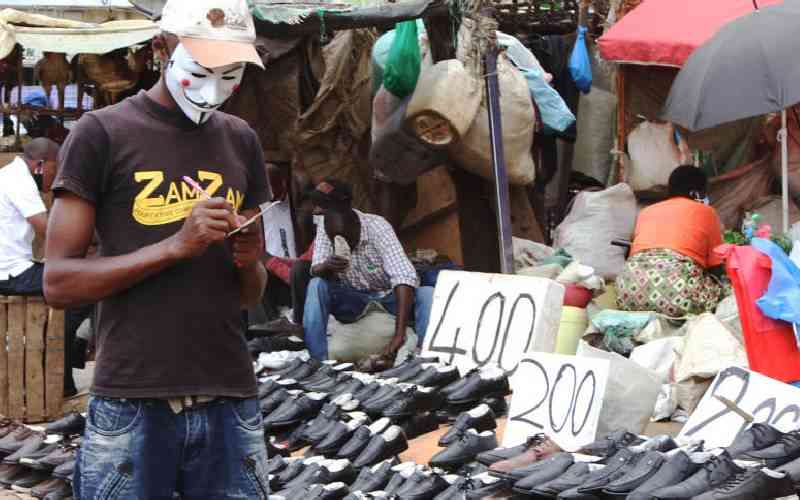×
The Standard e-Paper
Home To Bold Columnists

A report by the National Treasury has found that micro and small enterprises are missing out on the government's cheap loans due to their informal set-up or structure that does not meet requirements in the Public Finance Management (PFM) Act and the MSE Act.
The report also notes that due to their informal set-up, they are tax non-compliant and hence cannot access the funds.







